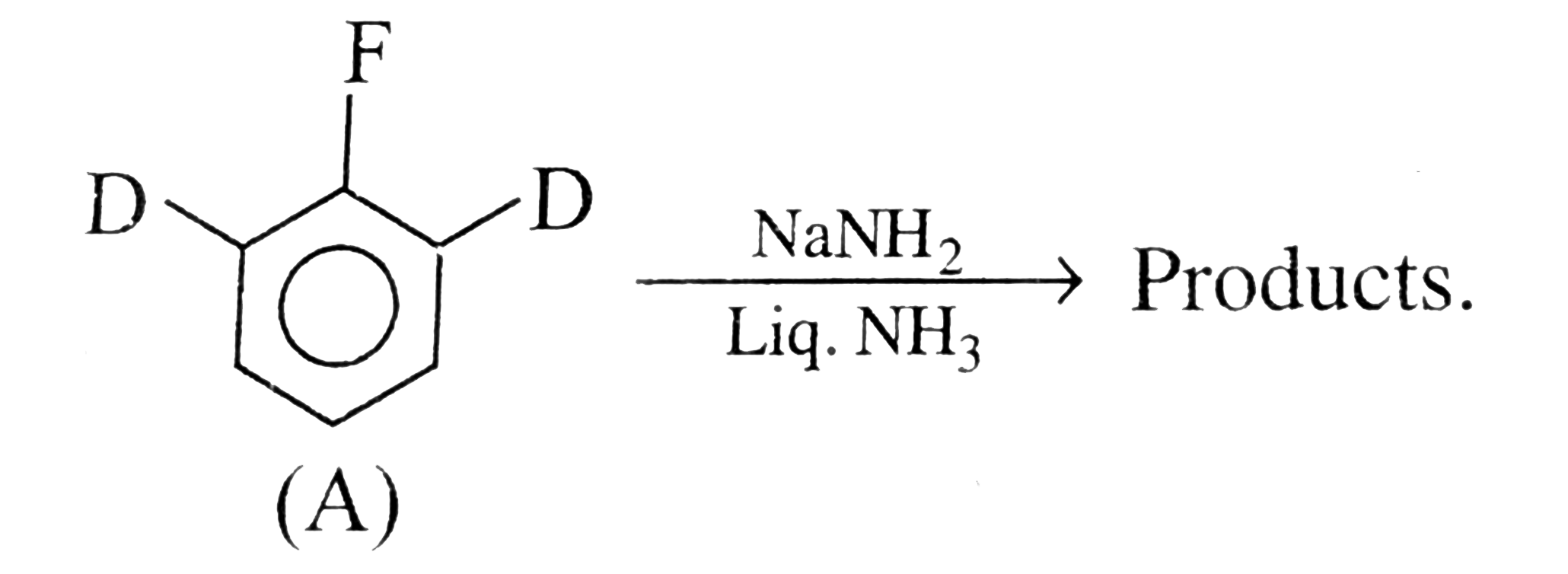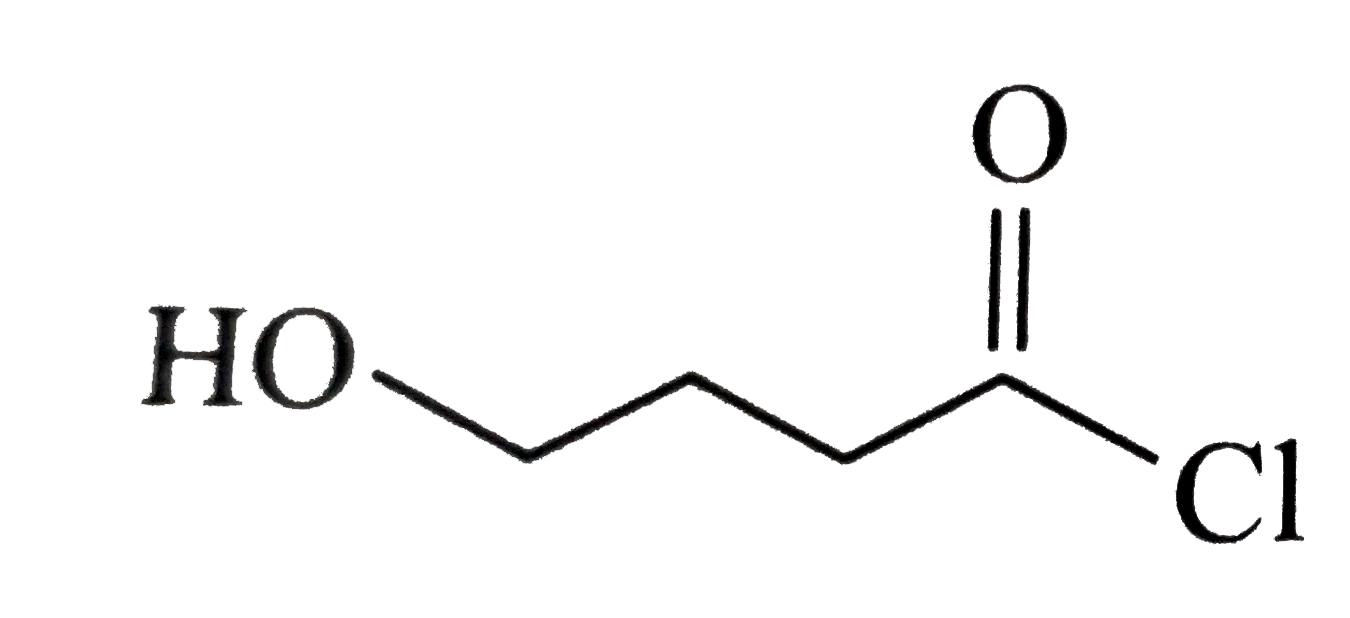In the following reactions:
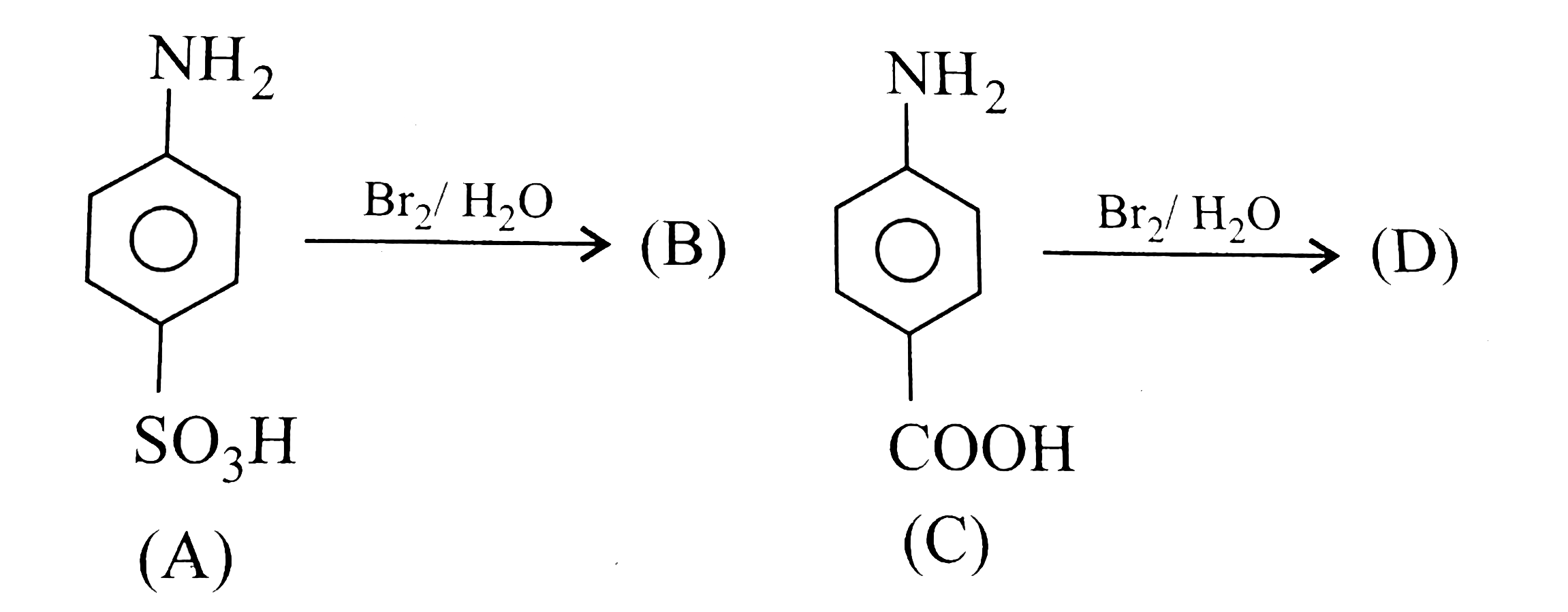
Which of the following staements are correct about the above reactions?
A
(B) and (D) are the same product 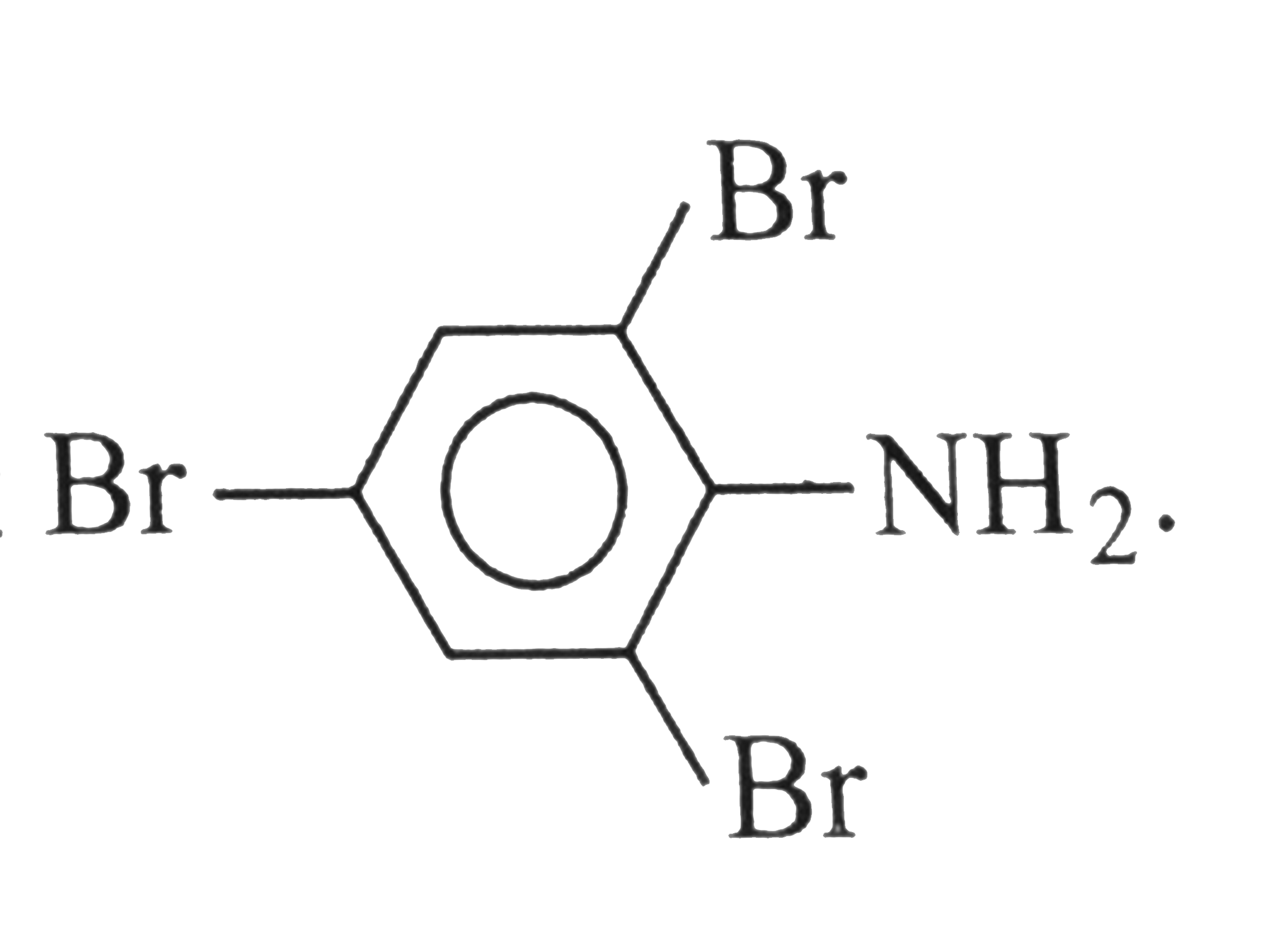
B
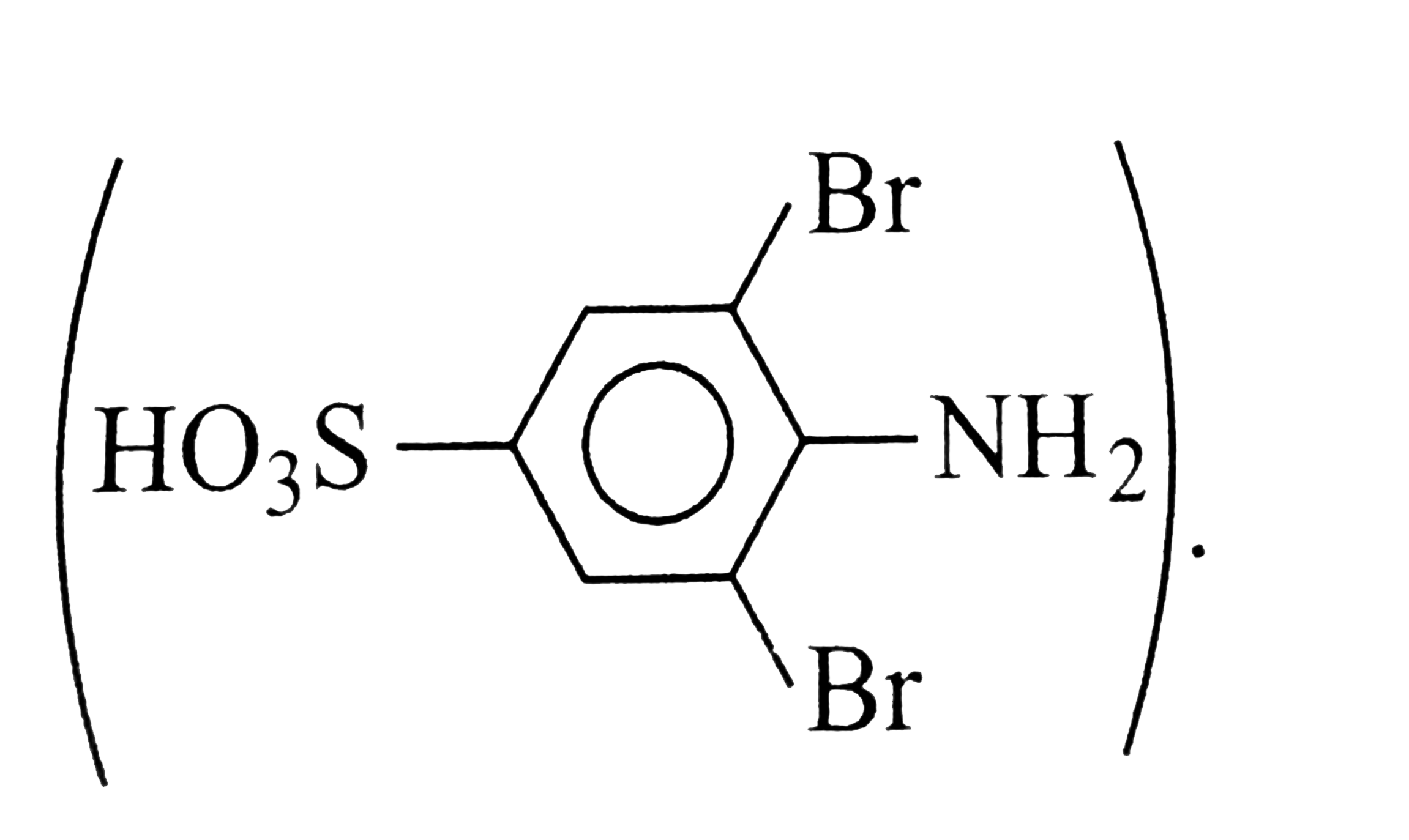
C
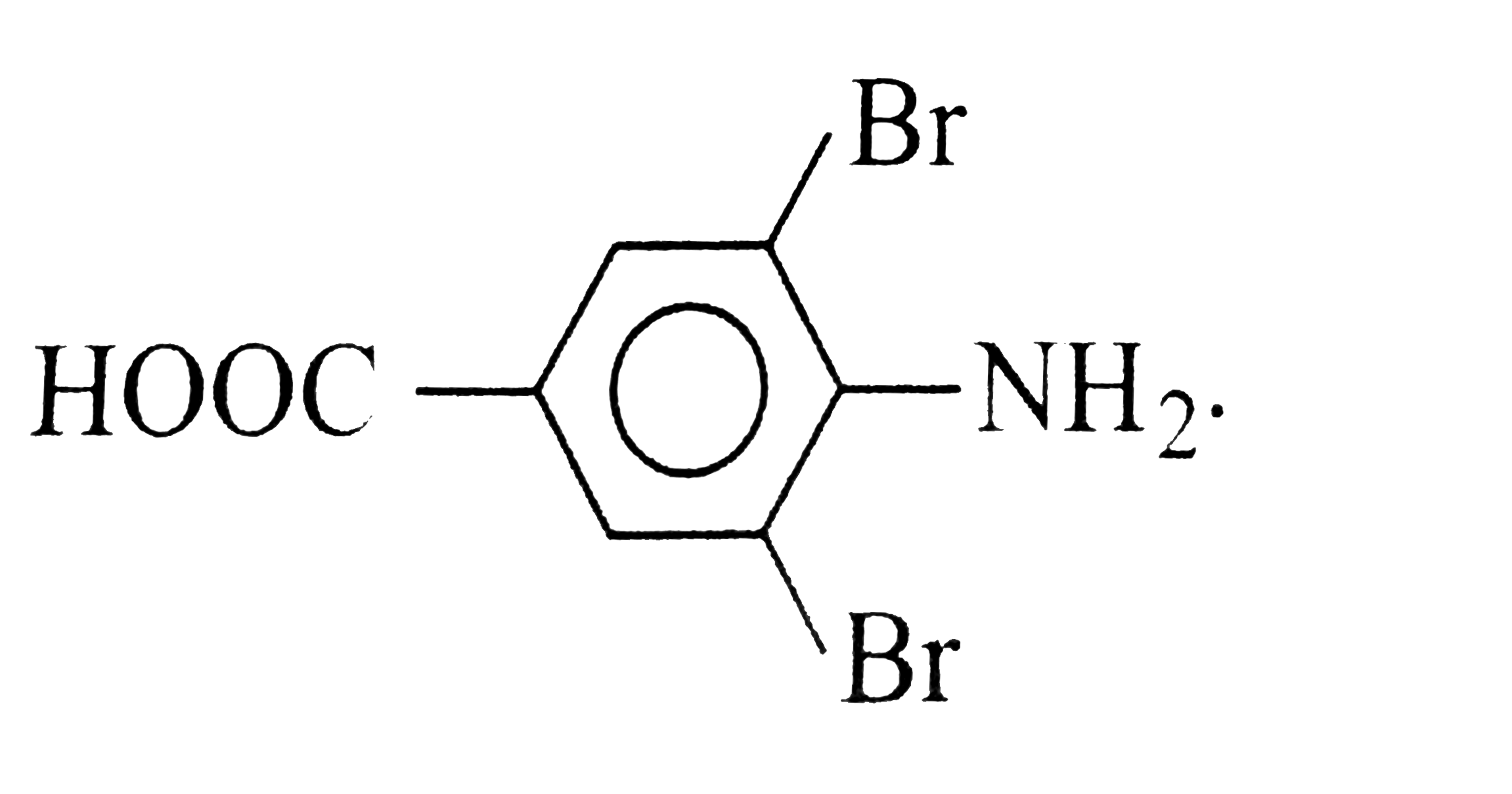
D
The above reaction is called ipso substiution.
Video Solution
Text Solution
The correct Answer is:(a,b)
NA
|
Topper's Solved these Questions
- AROMATIC COMPOUNDS AND ALKYL AND ARYL HALIDES BOOK - CENGAGE CHEMISTRYCHAPTER - AROMATIC COMPOUNDS AND ALKYL AND ARYL HALIDES EXERCISE - Exercises Multiple Correct Answers Type
12 Videos
- AROMATIC COMPOUNDS AND ALKYL AND ARYL HALIDES BOOK - CENGAGE CHEMISTRYCHAPTER - AROMATIC COMPOUNDS AND ALKYL AND ARYL HALIDES EXERCISE - Exercises Single Correct
161 Videos
- AROMATIC COMPOUNDS AND ALKYL AND ARYL HALIDES BOOK - CENGAGE CHEMISTRYCHAPTER - AROMATIC COMPOUNDS AND ALKYL AND ARYL HALIDES EXERCISE - Exercises Linked Compreshension
58 Videos
- APPENDIX INORGANIC VOLUME 2BOOK - CENGAGE CHEMISTRYCHAPTER - APPENDIX INORGANIC VOLUME 2EXERCISE - Short Answer Type
179 Videos
- BIOMOLECULESBOOK - CENGAGE CHEMISTRYCHAPTER - BIOMOLECULESEXERCISE - Exercises Archives (Analytical And Descriptive)
8 Videos
Similar Questions
Knowledge Check

Which of the following statements are correct about the above reaction ?AProduct (B) is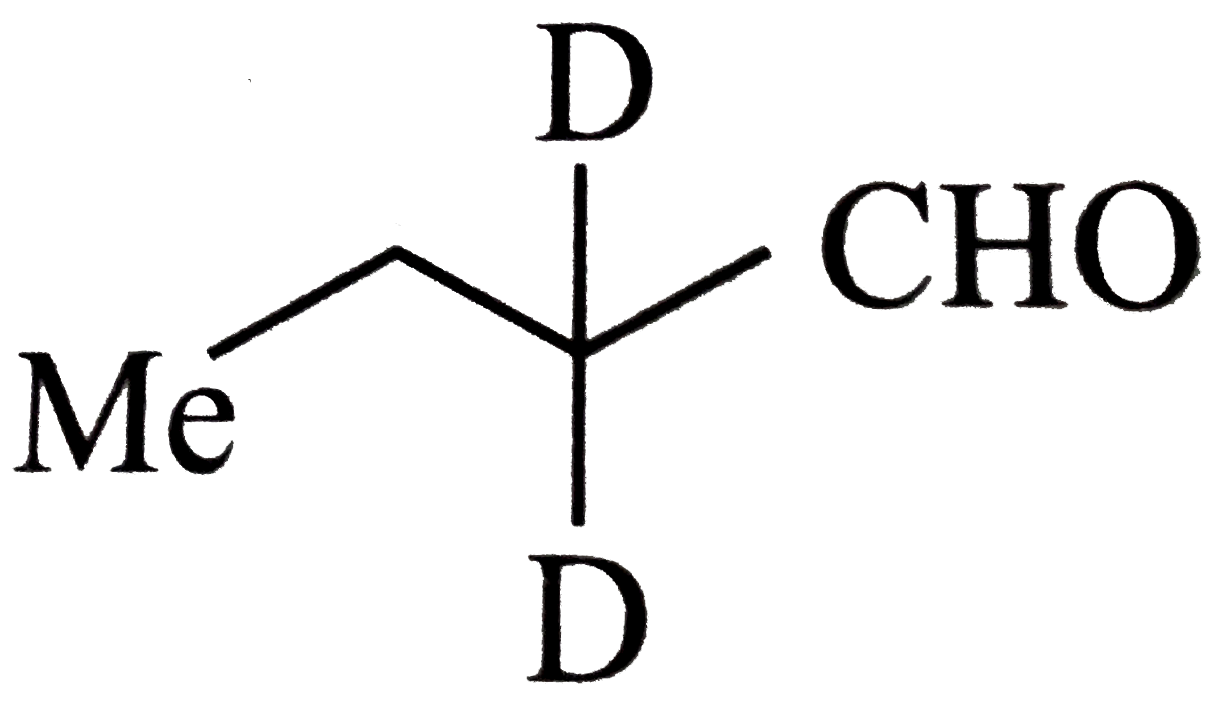 BProduct (B) is
BProduct (B) is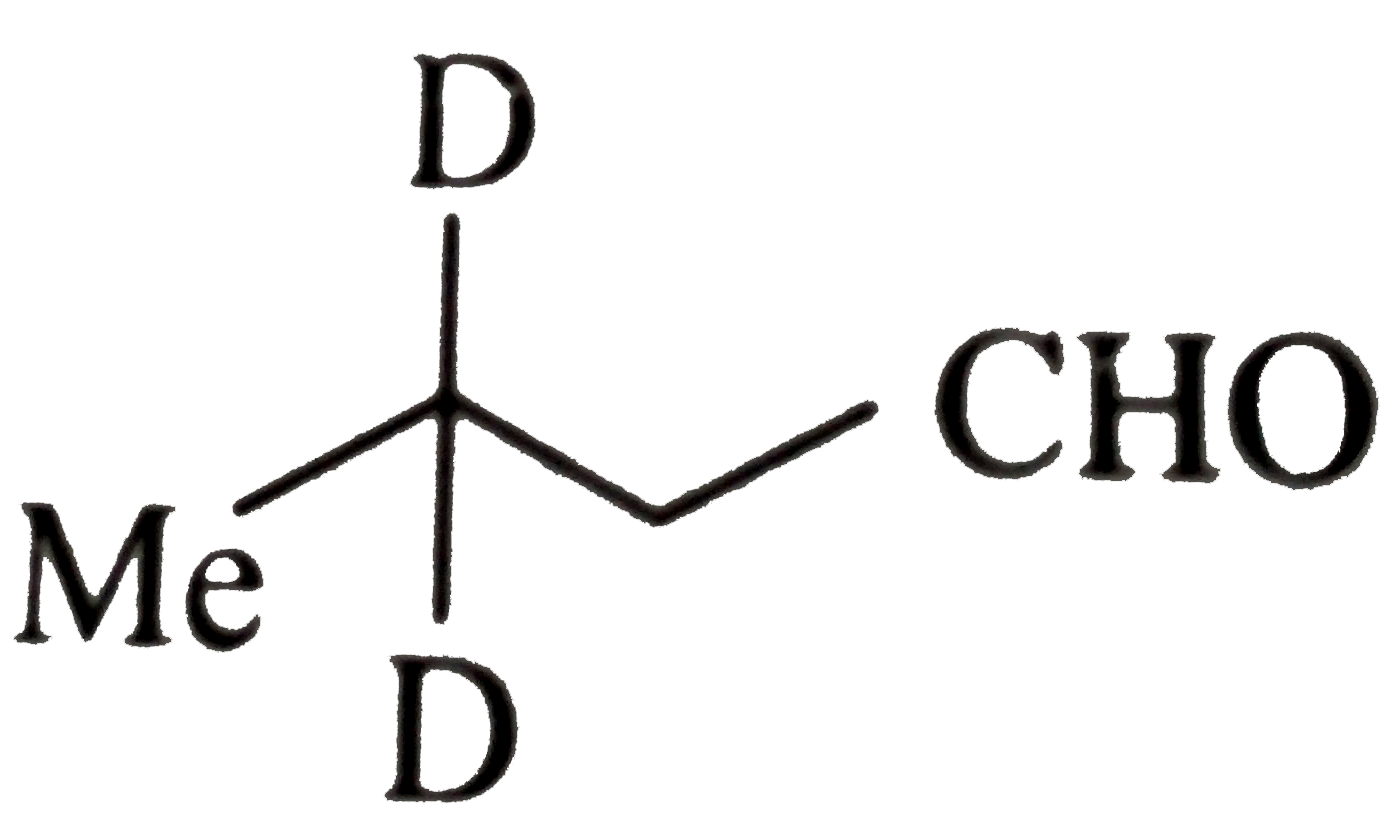 CProduct (C ) is
CProduct (C ) is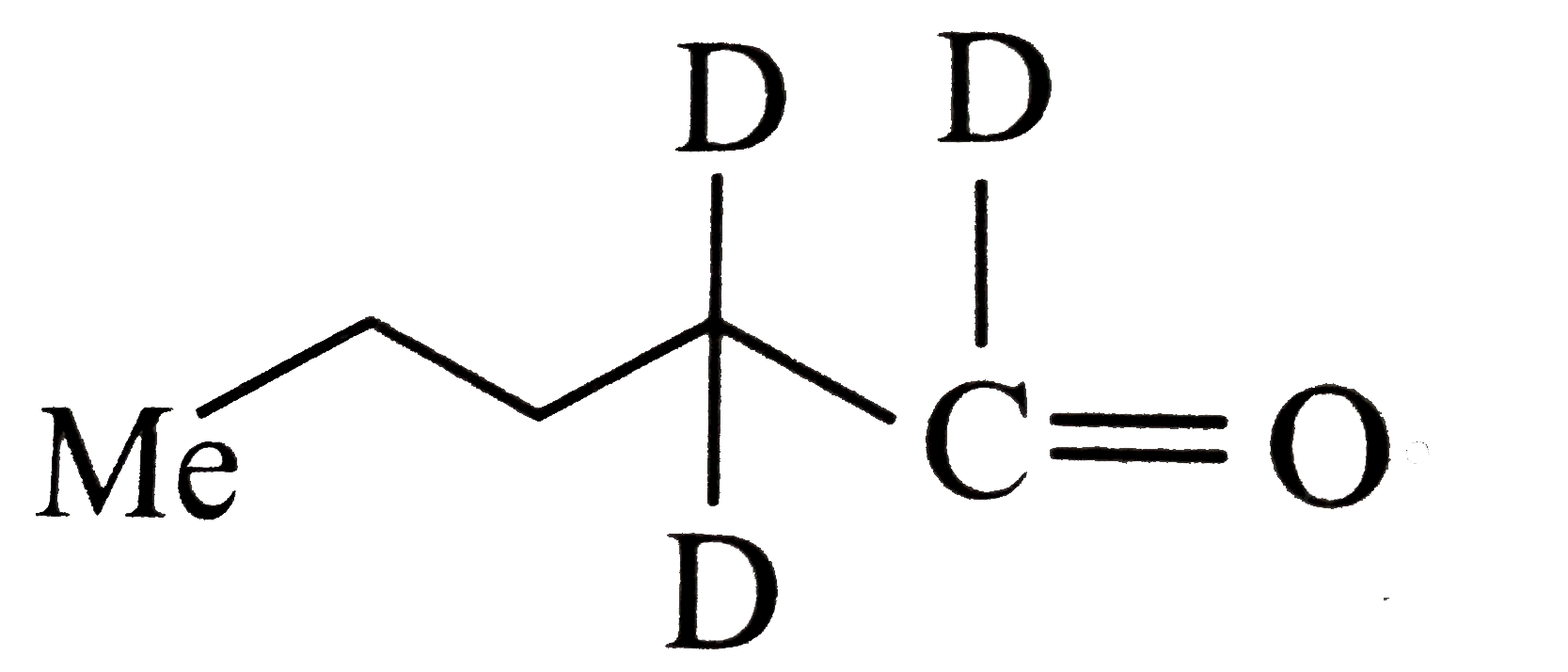 DProduct (C ) is
DProduct (C ) is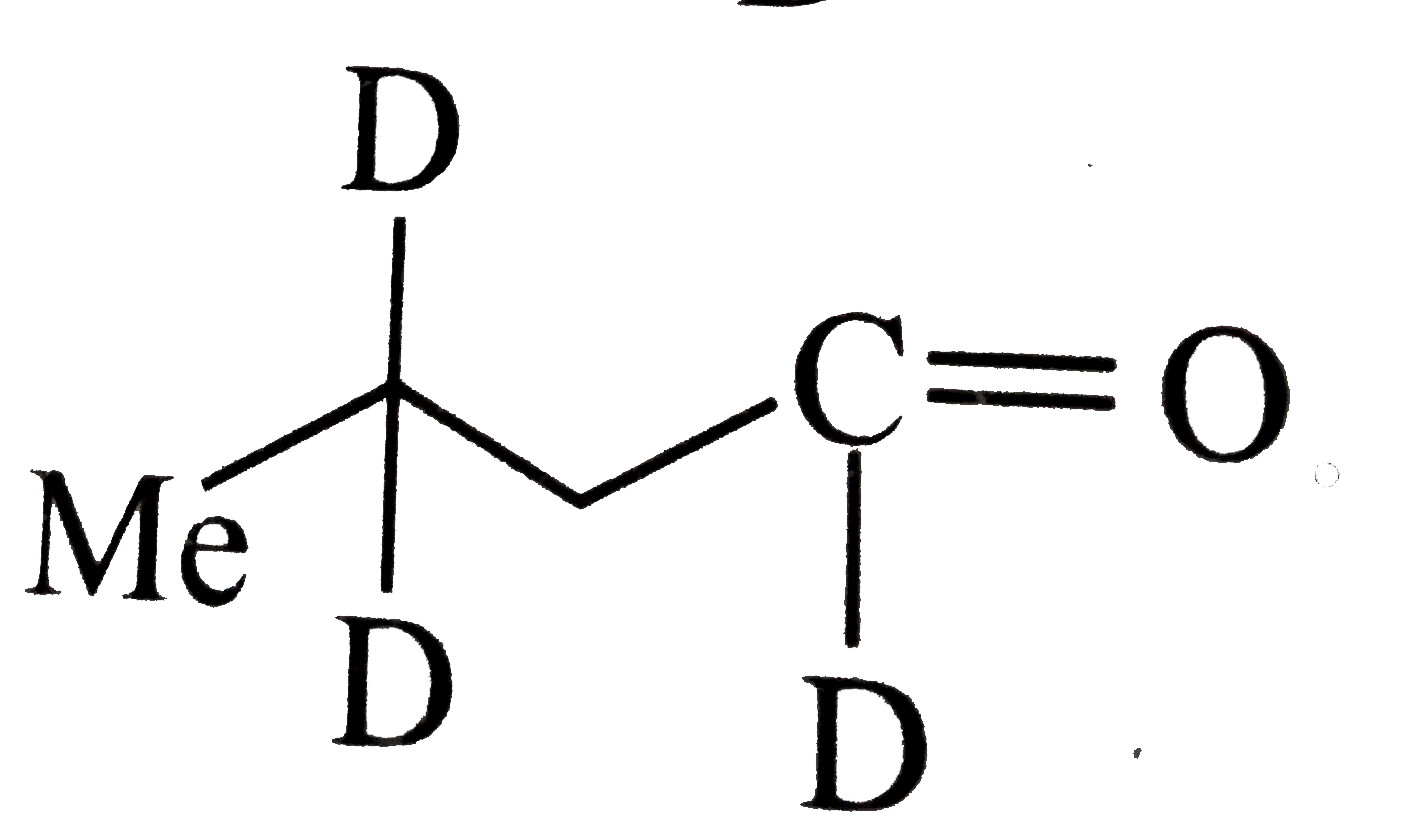
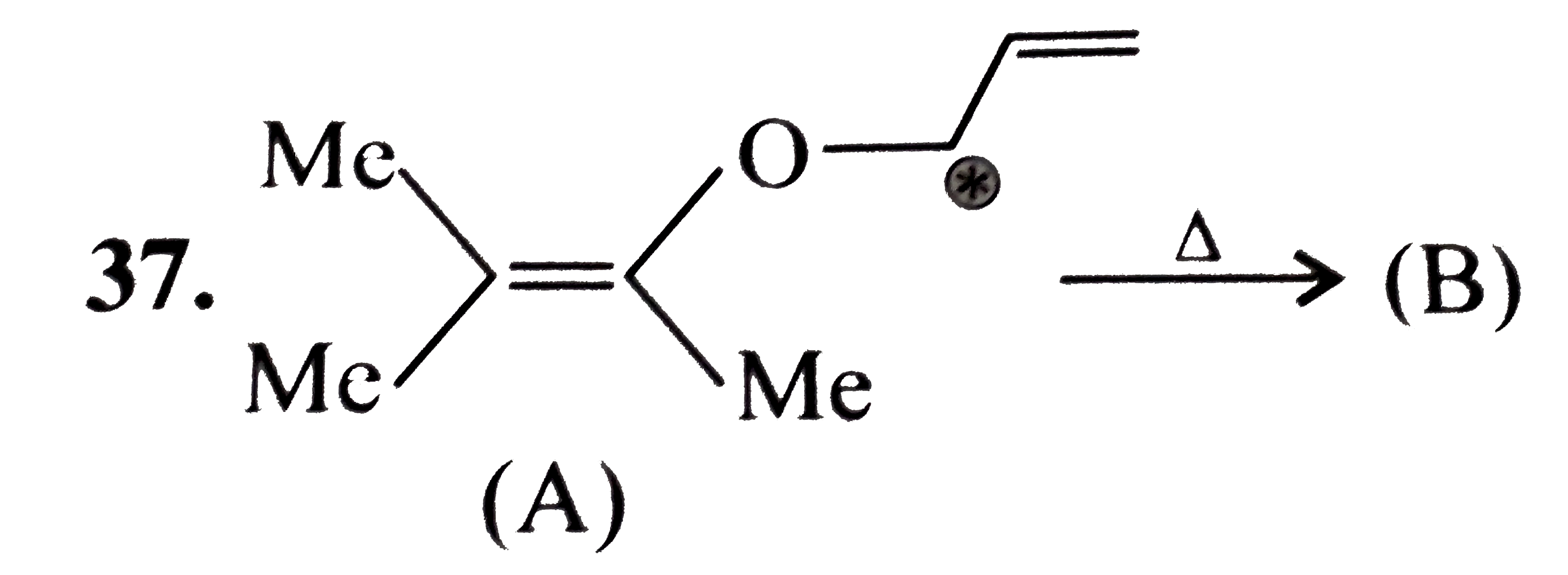
Which of the following statements are correct about the above reaction ?AThe reaction is called Claisen-Schmidt reaction.BThe reaction is called Claisen rearrangement reaction.CProduct (B) is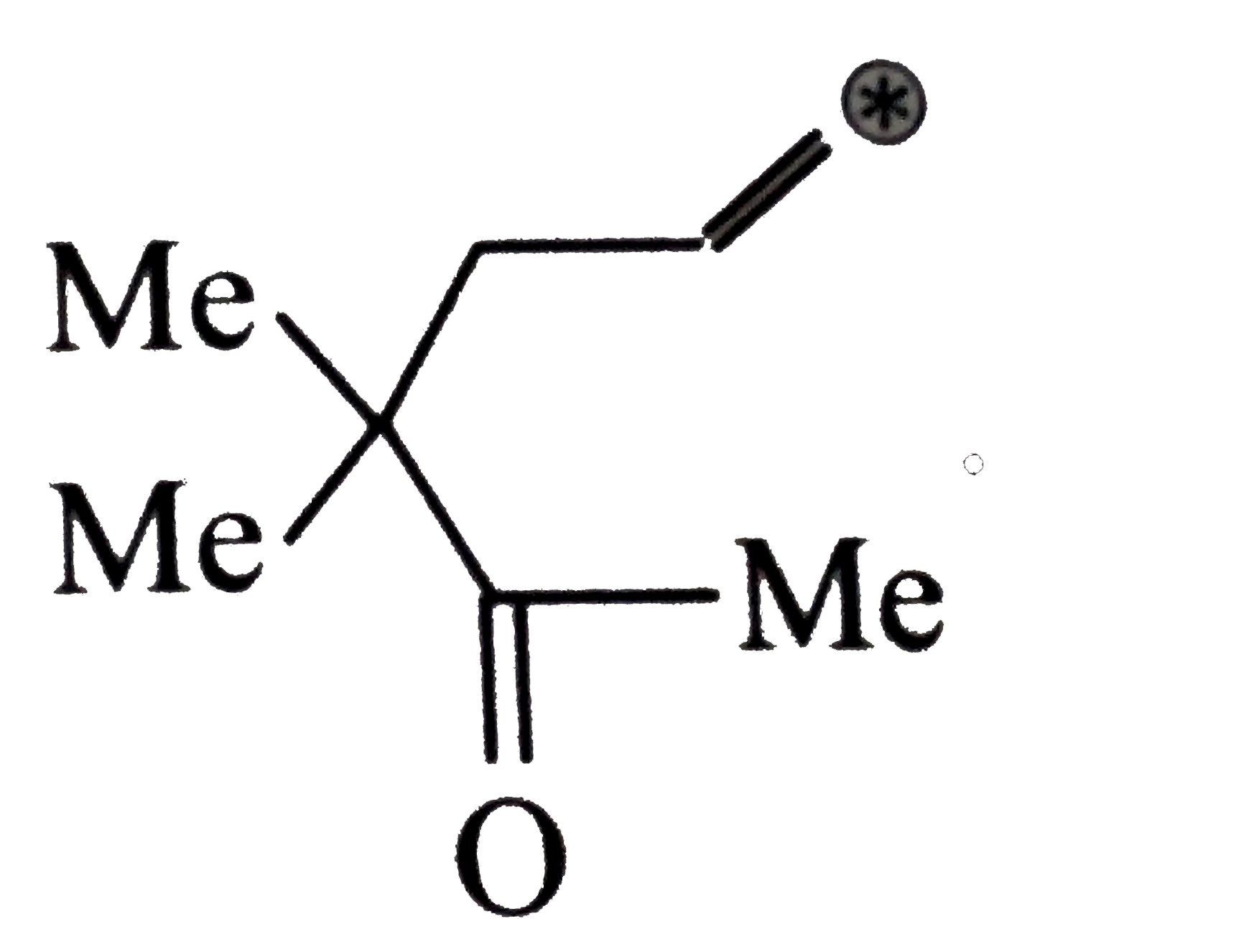 DProduct (B) is
DProduct (B) is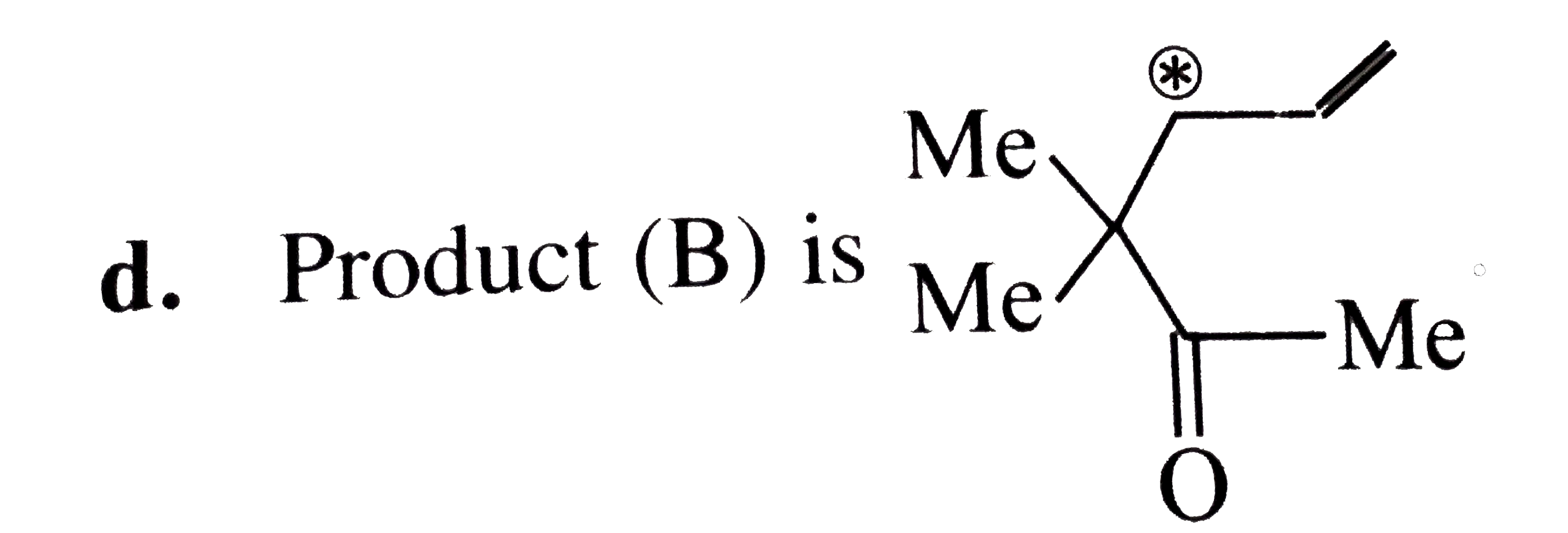

Which of the following statements is/are correct about the above reaction ?
 AThe compounds (B) and (C ), respectively, are:
AThe compounds (B) and (C ), respectively, are:
 BThe compounds (E ) and (F), respectively, are:
BThe compounds (E ) and (F), respectively, are:
 CThe compounds (B) and (C ), respectively, are:
CThe compounds (B) and (C ), respectively, are:
 DThe compounds (E ) and (F), respectively, are:
DThe compounds (E ) and (F), respectively, are:

Which of the following statements are correct about the given reaction ?
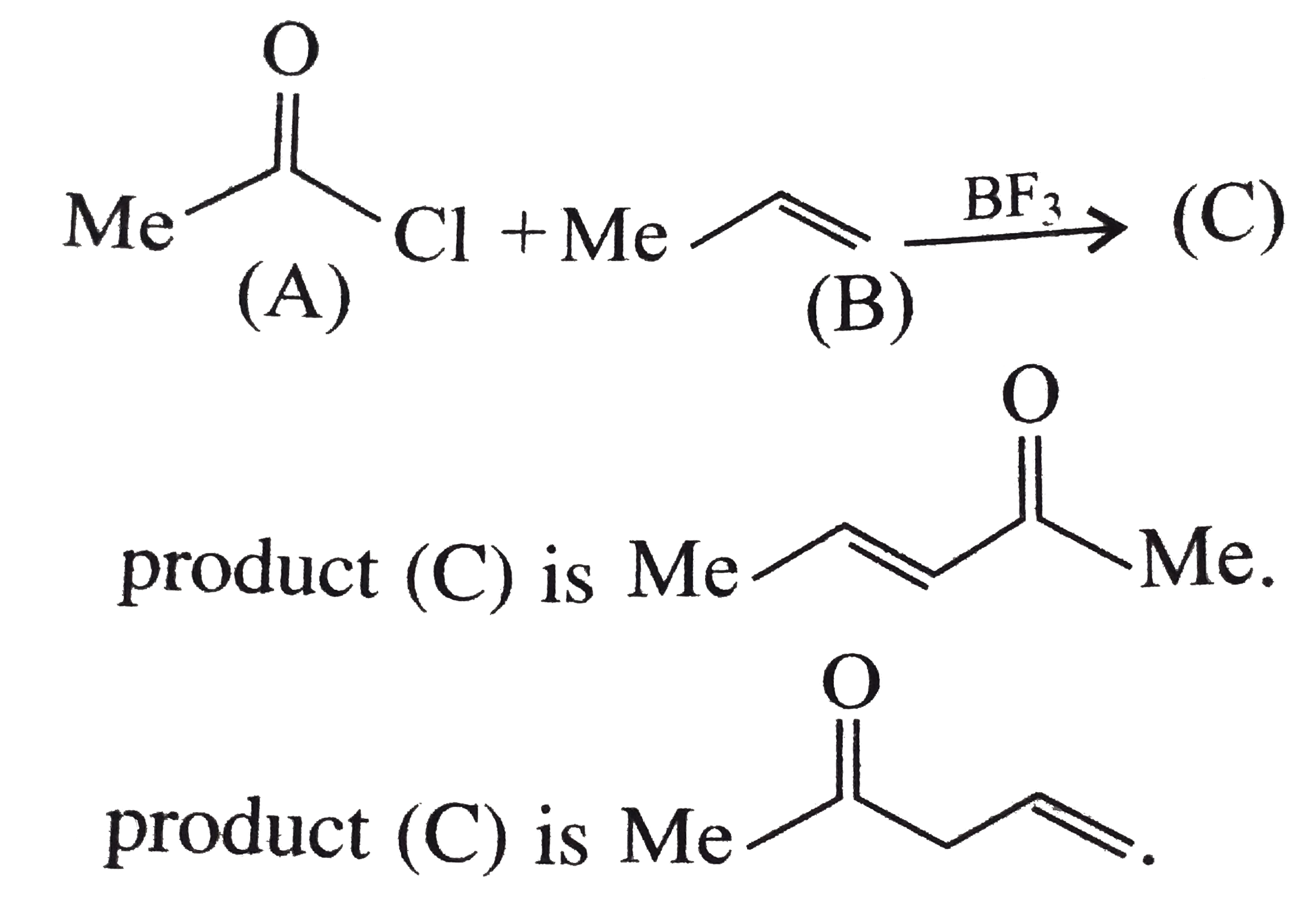 .
.
View SolutionWhich of the following staements is correct ?
View SolutionWhich of the following statements are correct about the following reaction ?
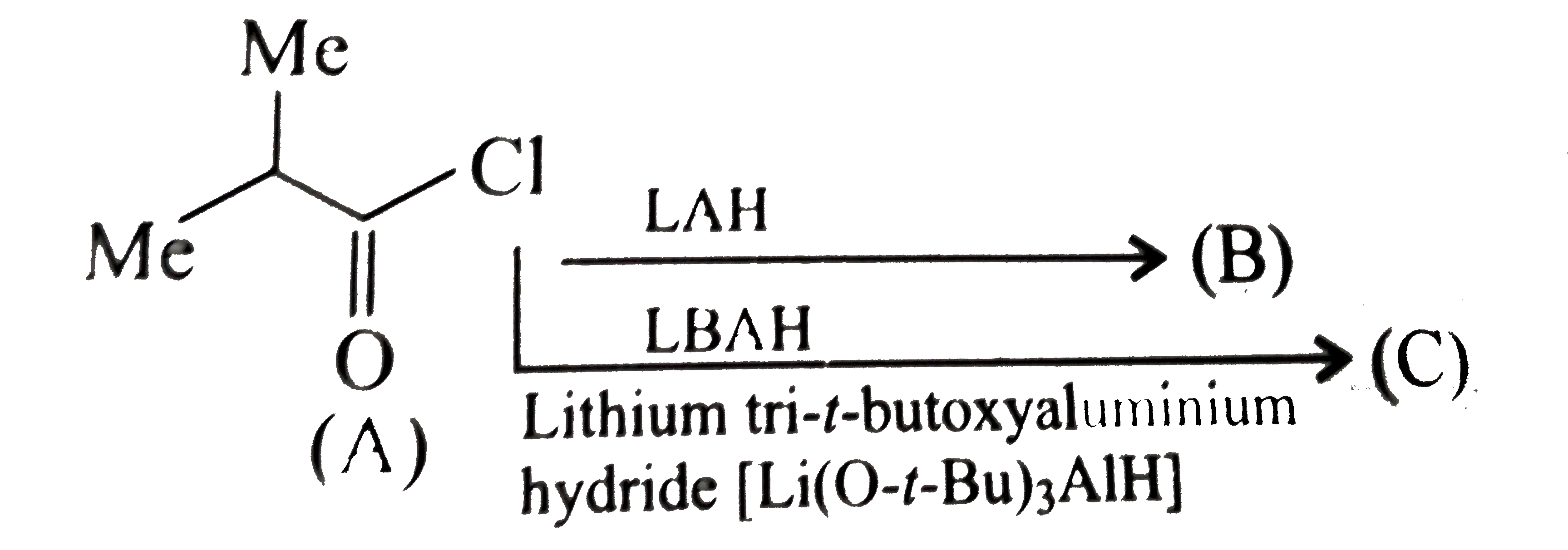
View SolutionWhich of the following statements is/are correct about the following reactions ?
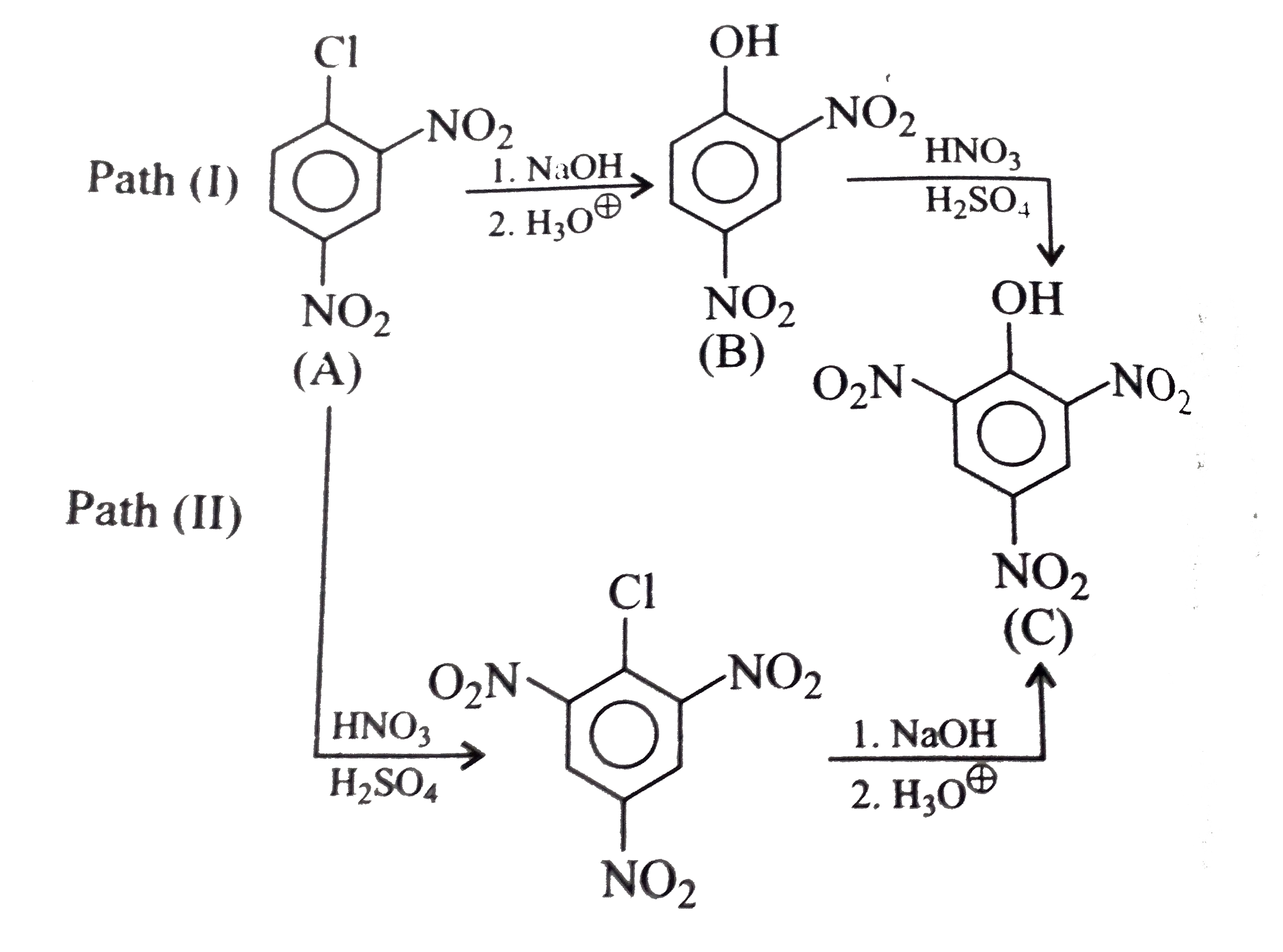
View SolutionWhich of the following statements are correct about the following reaction

View Solution

